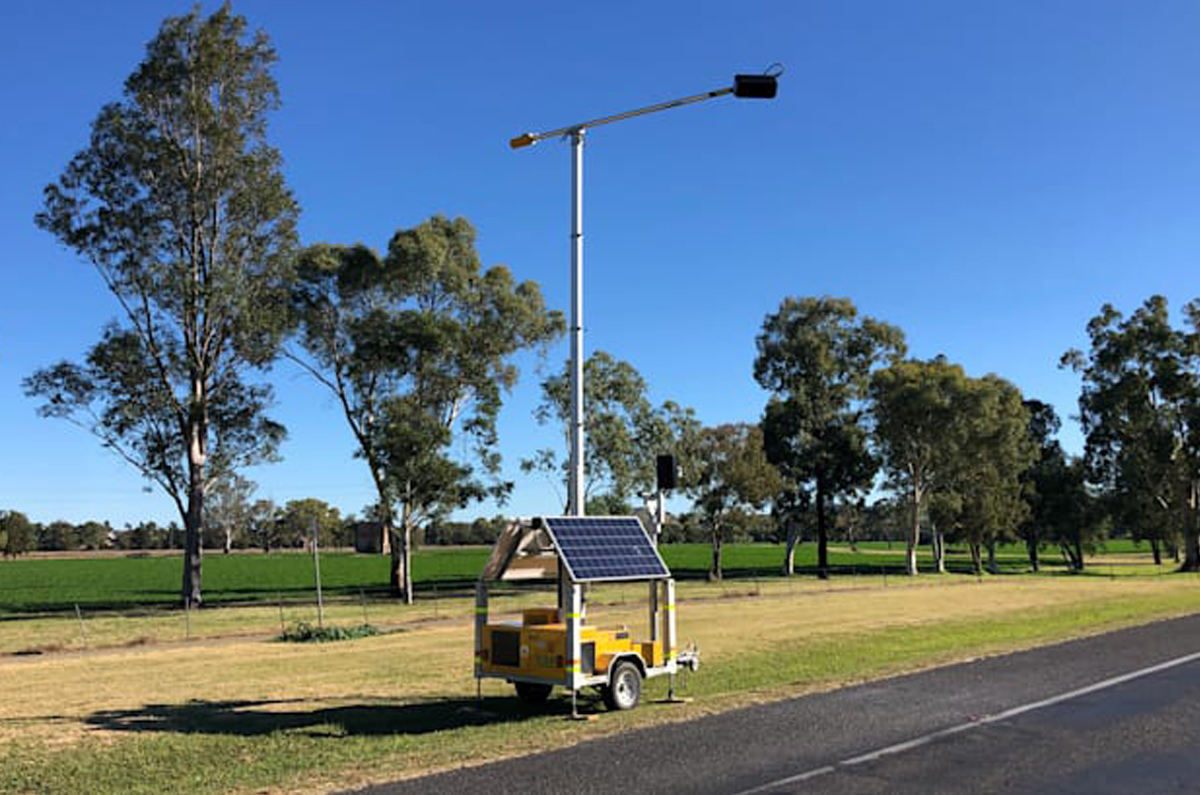
In a bid to improve road safety and security, the authorities in Queensland, Australia, have rolled out mobile phone and seat belt detection cameras across the state, effective from July 26, 2021. Interestingly, drivers will only be issued warnings for the first three months before heavy fines are levied from there on.
- New tech to detect motorists who don’t wear a seat belt or talk on the phone while driving
- The camera technology uses AI to detect drivers with mobile phone or seat belt offences
- A technology like this is being used for the first time globally.
How does the mobile and seat belt detection camera work?
Queensland is believed to be the first jurisdiction in the world to use fixed camera technology to detect seat belt offences and drivers using mobile phones. The authorities have not disclosed where and how many cameras have been deployed, but they have warned they will be used across the state and without warning signs.
These cameras are mounted high above the road and automatically capture images through the windscreen of every passing car. The images are then read by Artificial Intelligence technology, which detects if a driver had been handling a mobile phone, while all images that have not been flagged are deleted. In cases where the AI has detected a driver using a mobile phone, they are then checked by a human eye before being forwarded for an infringement.
Drivers are then sent a copy of the image of their alleged offence, which also gives them the opportunity to protest their innocence in case the fine was issued in error or if they can prove the object in their hand was not a phone. In case a fine is issued in error even after a human check, it will be subsequently withdrawn.
The authorities acknowledged the fact that drivers will soon become aware of the locations where cameras are mounted permanently to road signs and bridges. Thus, they will also be deploying portable mobile phone detection cameras at numerous locations across the state, including urban, sub-urban and rural areas. These portable units are fitted to a tall pole mounted on a small trailer, which can be parked very conveniently on the roadside. With no warning signs announcing their location, at a glance these camera setups look more like portable light poles. The authorities believe that drivers are more likely to get caught by these portable setups.
Trial and implementation
Queensland, along with Victoria, first began testing mobile phone camera technology in July 2020. Following a trial period of six months, the authorities have now activated the system. After the initial grace period of three months, fines will be issued from November 2021. Meanwhile, authorities in Victoria have pledged to activate the system by 2023.
Following the trial of the technology in Queensland from July 2020 to December 2020, authorities said: “The trial tested if cameras with artificial intelligence software can detect if someone is using their mobile phone illegally – or failing to wear their seat belt – with a high degree of accuracy.
“The findings from the trial revealed that the camera technology can successfully pick up illegal mobile phone use and failure to wear a seat belt,” the Queensland Government said.
In the trial phase, where 4.8 million vehicles were monitored, the cameras detected more than 1,500 mobile phone offences and 2,200 seat belt offences, said the authorities.
What are the penalties?
Following the initial grace period of three months, drivers who are caught on camera using their mobile phones will be issued a hefty fine of AUD 1,033 and four demerit points, the highest monetary penalty in Australia for such an offence. Meanwhile, seat belt offences will attract a penalty of AUD 413 and three demerit points.
Do you think a technology like this should be implemented in India? Let us know in the comments section.
Also See:
Inside Mumbai Traffic Police’s CCTV Control Room
Maharashtra eyes setting up of gigafactory in the state
